It’s easy to confuse imps and demons. They’re both horned creatures with ugly faces, sharp claws, and a general penchant for leading people down dangerous paths. However, there are some notable differences between the two creatures.
Imps are mischief-makers, while demons are evildoers. Imps trace their origins to early Germanic folklore, while demons appear in religion. Some may consider the imp a type of demon, but never the other way around.
Read on for a more in-depth explanation of the differences between imps and demons. I will highlight the origins, appearance, powers, and personalities of both creatures.
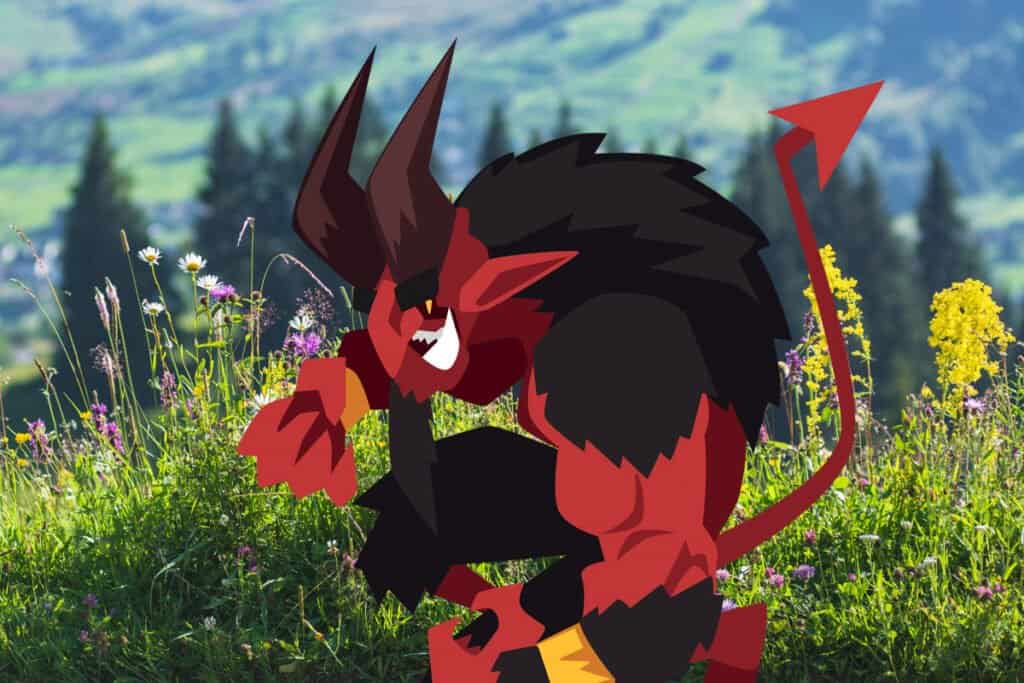
Imp and Demon Difference
If you only have a passing knowledge of imps and demons, you can easily mix up the two. Know, however, that they’re not always interchangeable.
Below is a table summarizing the differences between imps and demons.
| Imp | Demon | |
| Origin | Pre-Christianity; Germanic folklore | According to Christian theology, they’re fallen angels |
| Appearance | Small, thin, and ugly | Various sizes; horrifyingly monstrous visage |
| Powers | Shape-shifting; if serving as a witch’s familiar, it can do anything a witch requires | Demonic possession; leading man into evil and temptation |
| Personality | Mischievous, but not always evil | Pure evil; incapable of comprehending good |
Note that I’m only going to talk about imps and demons as defined by European folklore and Western religion. I’m not going to cover demon-like Eastern creatures like the Japanese oni, which — while consistently adversarial to humans — aren’t always considered “evil” in the Western sense. Let’s dive deeper into the origins, appearance, powers, and personalities of imps and demons.
— Origin
Imps trace their roots to Germanic folklore. Their name comes from the old English word “ympa,” which means “offshoot of a tree.” From that, you can infer that imps almost always have a more powerful being controlling them.
On the other hand, the word “demon” came from the Greek word “daimon.” “Daimon” was a general term for a divine creature endowed with wisdom and didn’t have a negative connotation. Over time, “demon” described beings that rebelled against the Christian God and existed to lead men into evil.
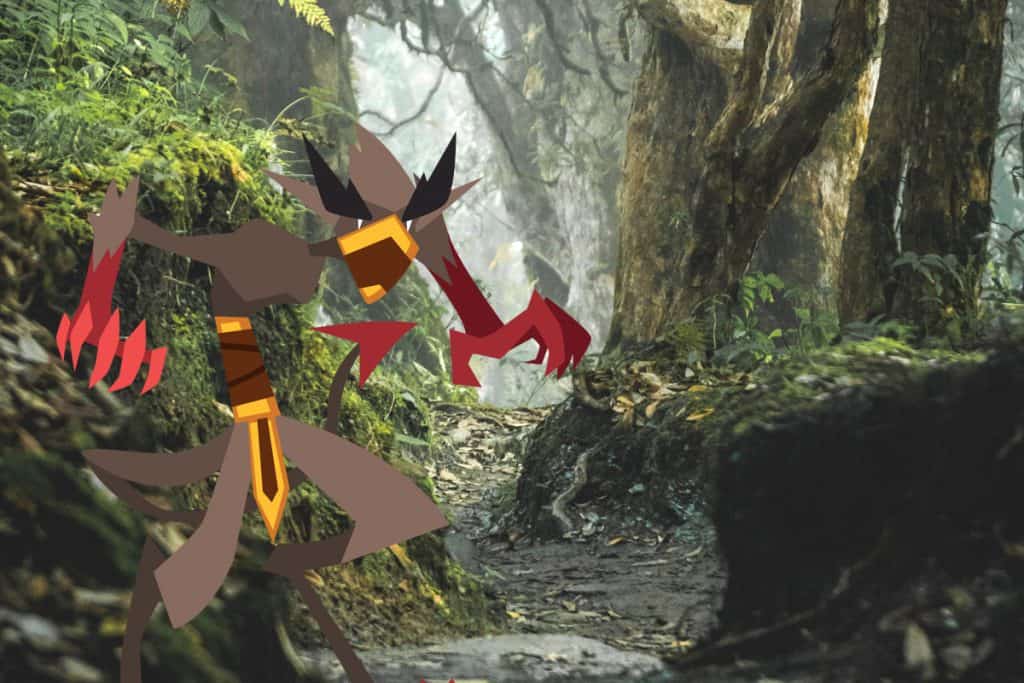
— Appearance
If you’re more familiar with demons than imps, it might help to picture imps as smaller, scrawnier demons. They may or may not have horns, possess indescribably ugly faces, and are generally humanoid in appearance.
In contrast, demons have more varied appearances. Demons can be the size of a human, or they can be gigantic. Demons can be horned humanoid creatures with sharp teeth, claws, and a face that can scare even the bravest person. And if you believe that demons are fallen angels, they may even look like alien beings that defy description.
— Powers
Imps aren’t strong enough to cause major disasters, but you still shouldn’t underestimate them. They can change their appearance, turn invisible, cause small fires, and do everything else that causes minor trouble to humans.
As for demons, the most well-known manifestation of their powers is demonic possession. Possession is where demons take hold of a person and bend that person’s will to their own. In some cases, the possessed individual may take on the demon’s physical characteristics, such as horns and a terrifying face.
Contrary to what most think, demons cannot cause disasters and accidents, according to Fr. Jose Antonio Fortea of SpiritualDirection.com. The reason for that, Fr. Fortea says, is simple: God prevents the demons from doing so.
However, Christian theology says that demons are always trying to lead people into the path of evil. They are capable of doing everything in their power to tempt people to do things they would otherwise not do. As long as you don’t allow yourself to succumb to temptation, a demon will have no power over you.
— Personality
Imps are like annoying younger siblings. They may enjoy playing pranks on people, but they may not necessarily have malicious intent. However, if they’re at the mercy of someone who has malicious intent, they have no choice but to harm.
Demons, on the other hand, don’t have that gray area. Regardless of religion, demons are always beings that oppose “light” and “good.” They will always demand a high price if they ostensibly choose to serve a human, like Mephistopheles from Doctor Faustus. Humans may gain power, riches, and everything they desire from a demon. In return, their souls will suffer in hell for eternity.
Final Thoughts
In recent times, imps and demons have become interchangeable. People think of them as purely evil beings, even though their origins aren’t so black-and-white.
There’s so much lore surrounding imps and demons that this one article isn’t enough to cover them all. Instead, I will refer you to books like “Silencing Satan” and “Angels: A Very Short Introduction”, both of which are available from Amazon. If you need more information on imps and demons, check them out.




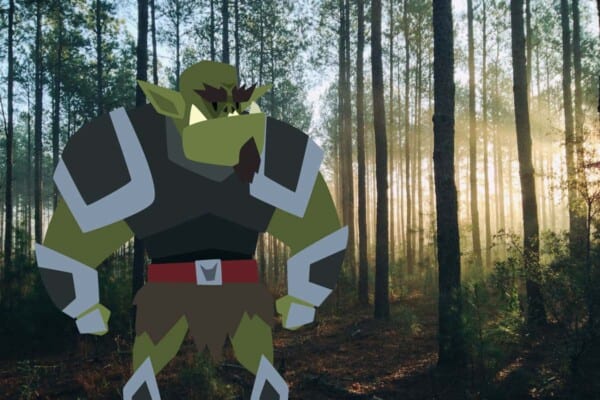

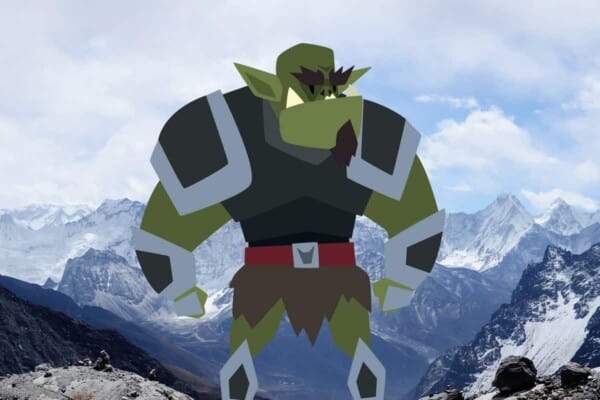
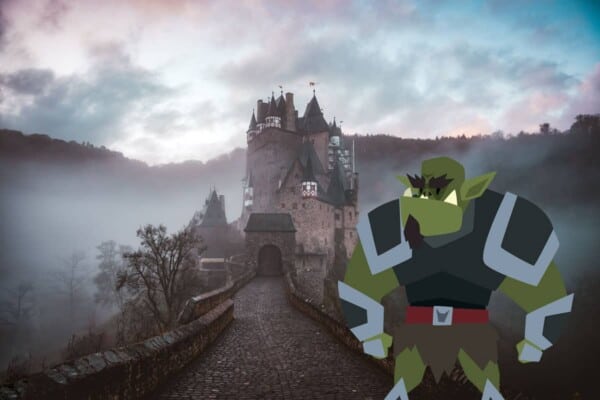
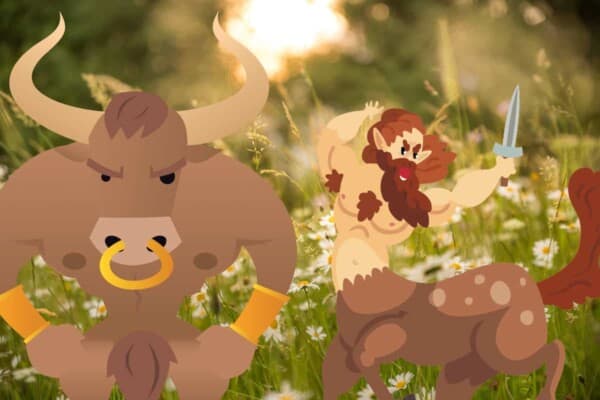

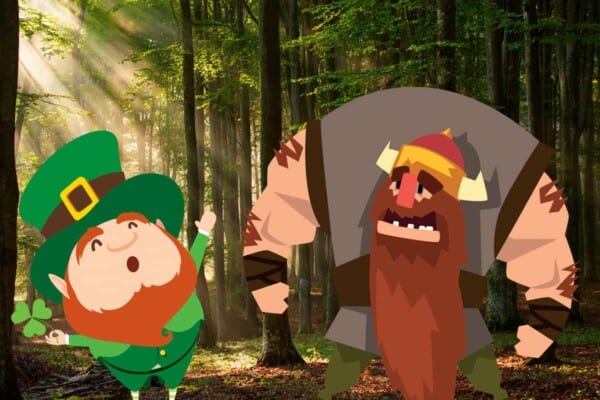

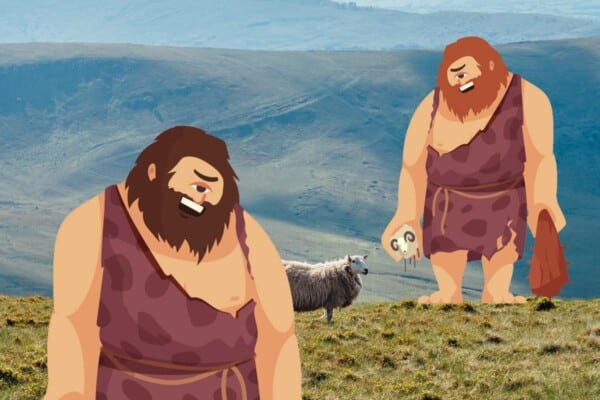
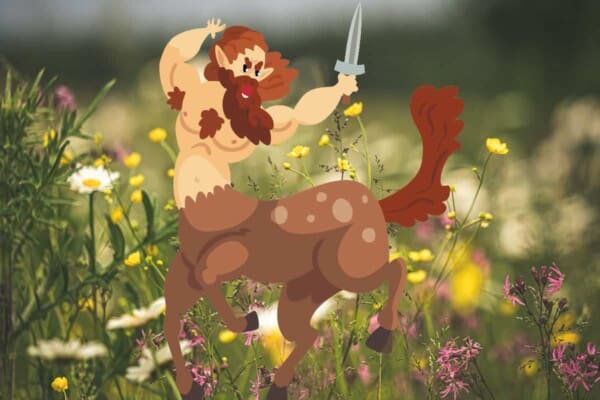
I believe there are imp(s) in my apt. they destroy my hair, my clothes, destroy my shoes, they
pocketbooks they steal they leave change in my sofa,bed and pocketbook. I’m sick of them it is going on 4 yrs I am ready to move I can’t take this no more no one believes me. The person in the office told my husband I need a pysco shes part of problem she has told people she’s a witch